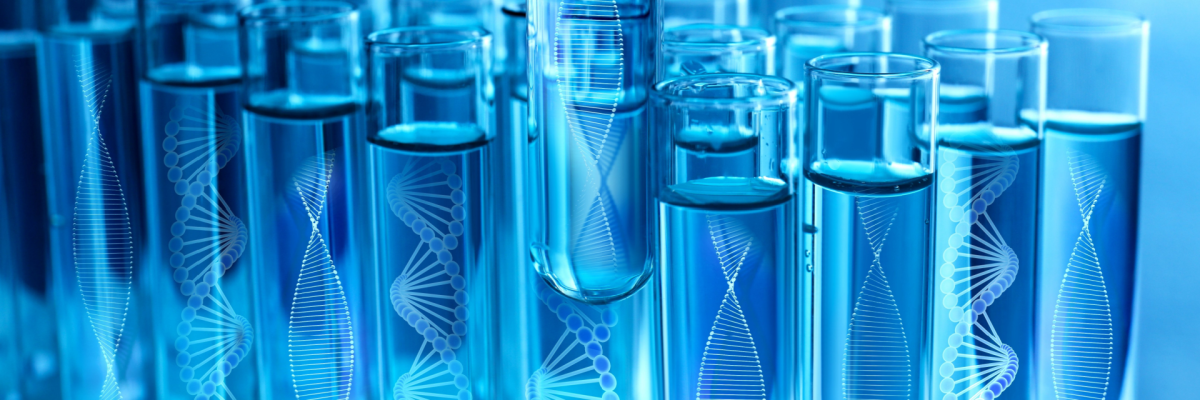An international team of researchers has announced the start of work on the creation of artificial human DNA. This unprecedented achievement opens up new perspectives in the field of medicine and biotechnology, and perhaps also poses new ethical challenges to humanity...
In their new project, Cambridge scientists are working to create DNA literally from scratch, using chemicals to assemble nucleotides, that is, the basic building blocks of genetic material. This task is incredibly difficult, given that the human genome contains billions of base pairs. However, thanks to the development of DNA synthesis technologies, in particular, genome sequencing and editing methods, such as the CRISPR-Cas9 system, which we already wrote about earlier (be sure to read!).
The work is based on an accurate reconstruction of the sequence of genes that make up the human genome. The researchers plan to use computer modeling and advanced synthesis techniques to “print” DNA fragments, which will then be combined into a full-fledged artificial DNA molecule.
The potential applications of artificial DNA are extremely diverse. It can be used to develop new treatments for genetic diseases, create personalized medicines, and study the mechanisms of aging and the development of various diseases. In addition, artificial DNA can become the basis for the creation of new materials and technologies in the biotechnology industry.
At the same time, the creation of artificial human DNA raises a number of serious concerns. The main question concerns ethical aspects: who will have access to this technology, how will it be used, and what will be the consequences for humanity? There is a risk of uncontrolled dissemination of information about the human genome, as well as the possibility of creating new forms of life that may pose a threat, in particular viruses.
Currently, scientists are focusing on the technical aspects of creating artificial DNA, but they are also aware of the need to develop ethical standards and regulations governing the use of this technology. It is planned to conduct thorough research to assess the risks and benefits, as well as a broad discussion with the public.
Share this with your friends!





Be the first to comment
Please log in to comment